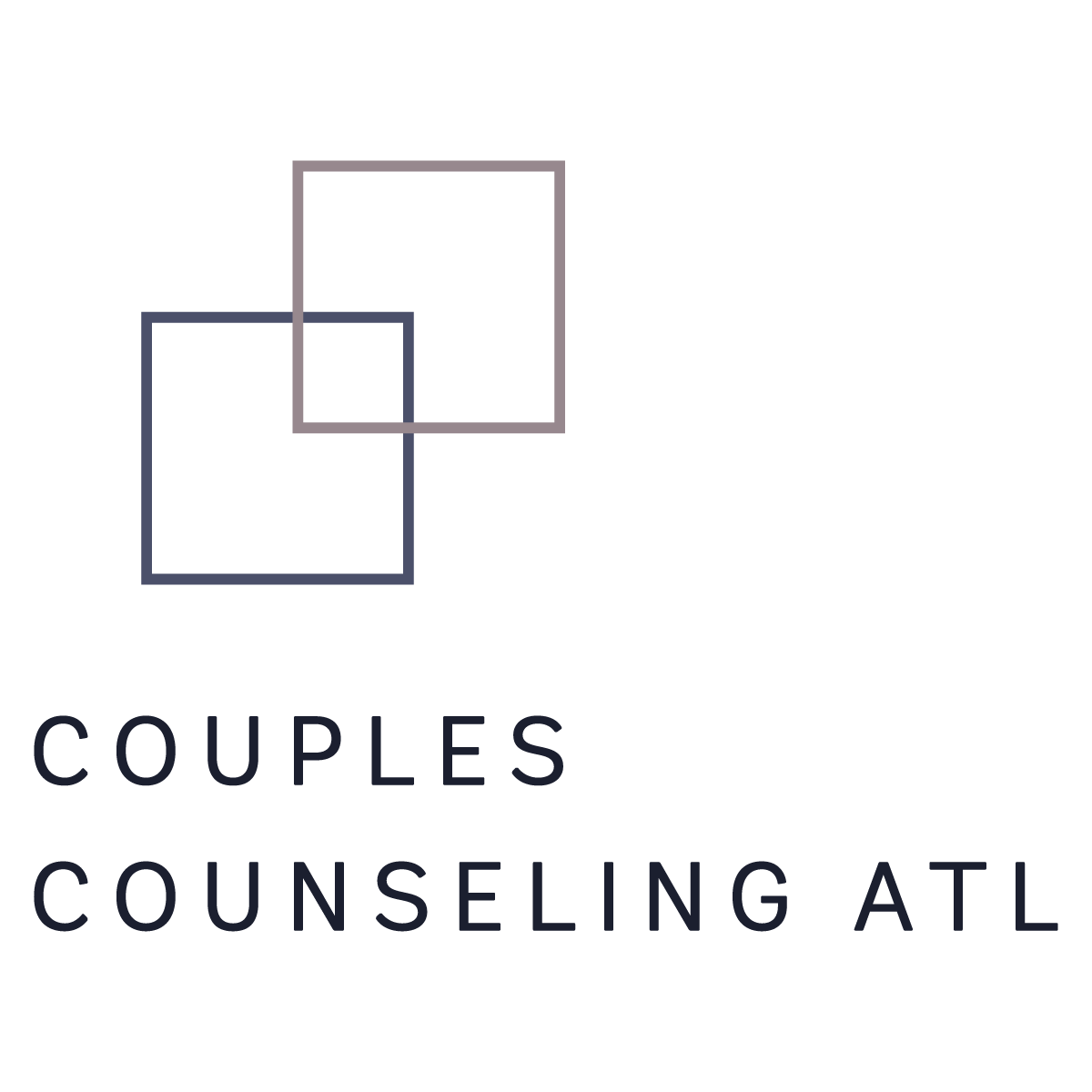Harmony in Partnership: Effective Strategies for Navigating Conflict in Relationships
In the dance of a romantic relationship, conflict is an inevitable partner. It is not the presence of conflict that dictates the quality of a relationship, but the manner in which it is managed. At Couples Counseling ATL, we believe in transforming conflict into a stepping stone for growth and understanding. Drawing on the principles of the Gottman Method, we offer a guide to navigating the stormy seas of relational discord with strategies that have stood the test of rigorous research.
Understanding the Root Causes of Conflict
Conflict in relationships often arises from unmet needs, differences in values, life stressors, and communication breakdowns. It is essential to approach conflict with a sense of curiosity and openness, seeking to understand the underlying causes rather than assigning blame. By doing so, couples can move towards resolution and growth. The Gottman Method emphasizes the importance of a solid friendship foundation, which includes knowing each other's worlds, sharing fondness and admiration, and turning towards each other instead of away.
Effective Communication: The Heart of Conflict Resolution
Communication is the lifeblood of any relationship, and it is particularly crucial when it comes to conflict management. Strategies such as active listening, expressing needs clearly and respectfully, and using "I" statements instead of "you" accusations can help partners understand each other better and find common ground. At Couples Counseling ATL, we encourage couples to practice these skills in a structured environment where they can be guided and supported by professionals trained in the Gottman Method.
Active Listening
Give your full attention to your partner without interrupting.
Reflect back what you've heard to ensure understanding.
Validate your partner's feelings, even if you disagree with their perspective.
Effective Speaking
Use "I" statements to express your feelings and needs.
Avoid criticism and contempt, which can escalate conflict.
Be clear and specific about what you want and need from your partner.
Managing Emotions During Conflict
Learning to regulate emotions is crucial in conflict situations. Techniques such as taking deep breaths, pausing before responding, and practicing self-soothing can help partners avoid the emotional flooding that often leads to hurtful exchanges. Self-soothing techniques are a core component of the Gottman Method, helping couples to stay calm and engaged even when discussions become challenging.
Establishing a Dialogue Around Problems
Some conflicts are solvable, while others are perpetual problems that need to be managed. Recognizing this difference is key. Couples Counseling ATL provides exercises and interventions that help partners establish an ongoing dialogue around their perpetual problems, promoting understanding and empathy rather than resolution.
Solvable Versus Perpetual Problems
Solvable Problems: Practical issues with specific solutions.
Perpetual Problems: Fundamental differences that require ongoing dialogue.
Fostering a Culture of Appreciation
One of the most powerful tools in managing conflict is maintaining a positive perspective. By actively cultivating gratitude and appreciation for each other, partners can buffer their relationship against the negative effects of conflict. This creates an atmosphere of respect and affection where both partners feel valued and heard. Research by the Gottman Institute has found that a ratio of five positive interactions to every one negative interaction during conflict is key to a stable relationship.
Conflict need not be a wedge that drives partners apart. With the right strategies and support, it can become a bridge to deeper connection and understanding. We invite you to explore these techniques within the supportive environment of Couples Counseling ATL and experience the transformation in your relationship.

